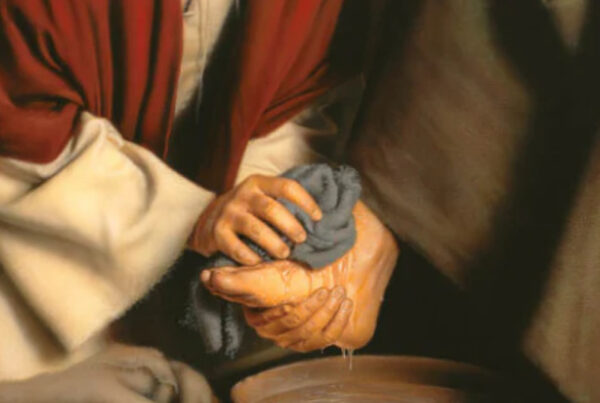Book of Hosea
Chapter 7
Chapter Seven does not really have a beginning; it commences in the middle of the flow that started in Chapter Six. You may have noticed at the end of the previous chapter that Judah was being indicted just as Israel was. The people of the Southern Kingdom were acting similarly and, thus, receiving comparable warnings. The difference we saw in earlier chapters (1:7, 4:15) had, unfortunately and tragically, disappeared.
Readers of the New Testament might have been surprised to see the phrase “crimes of Samaria” that appears in the opening verse. Samaria, in fact, goes way back to the split between the Northern Kingdom of Israel and the Southern Kingdom of Judah. The latter took Jerusalem as their capital, and Israel made Samaria theirs. As such, in the prophetic message we find in Hosea, God used Samaria to allude to Israel’s capital. This offered multiple references including that it was the heart of the Northern Kingdom.
The naming of the capital was also fitting in this context because we begin to see more details on the indictment against Israel’s political leaders. They had morally, socially and politically dug an immense chasm between themselves and God: “Their sins engulf them; they are always before Me.” (2) Not only were the streets bent toward lawlessness (1), the royal court was consumed with political, murderous intrigues worthy of Hamlet (3-7).
All that they did went against what God wanted for them. They had wandered so far that they were mingling with foreigners: again, God alerted them to the coming assault from their powerful neighbors, notably Assyria (8-12). And yet, we still find the Lord’s immeasurable love nestled among this strong language of warnings. He, indeed, does have longings. He so wanted to be in relationship with them, but they essentially would not let Him: “I long to redeem them but they speak lies against Me.” (13)
What is perhaps the most unsettling issue in this chapter – because it is so utterly subtle – is how passive and unaware the people had become of their sin. Yet, these very sins were drowning them (2). Not only were they not acknowledging God anymore, they did not even REALIZE what they were doing, what they had done: “…they do not realize that I remember all their evil deeds…Foreigners sap his strength, but he does not realize it.” (2, 9) Turning completely away from God rarely happens suddenly. Usually, we make what seem like small choices along the way that ignore God’s best for us: what is the harm of a little white lie? I don’t really need to attend a large group to worship God, do I? Must I read the Bible? Can’t I just listen to someone talk about it? Why do I need a small group? And on and on and on. What we do not realize is how these seemingly small choices can grow larger and lead to our own drowning. Never have remembering God and turning to Him seemed so urgent.
Key Verse(s):
“…but they do not realize that I remember their evil deeds. Their sins engulf them; they are always before me…They do not turn to the Most High; they are like a faulty bow…” ~ Hosea 7:2,16
Questions to ponder:
- What might be areas in your own life in which you are blind to errors or poor choices?
- Since we are blind to these very areas, what are concrete ways we can discover them? How can we have the courage to face them when we do?



